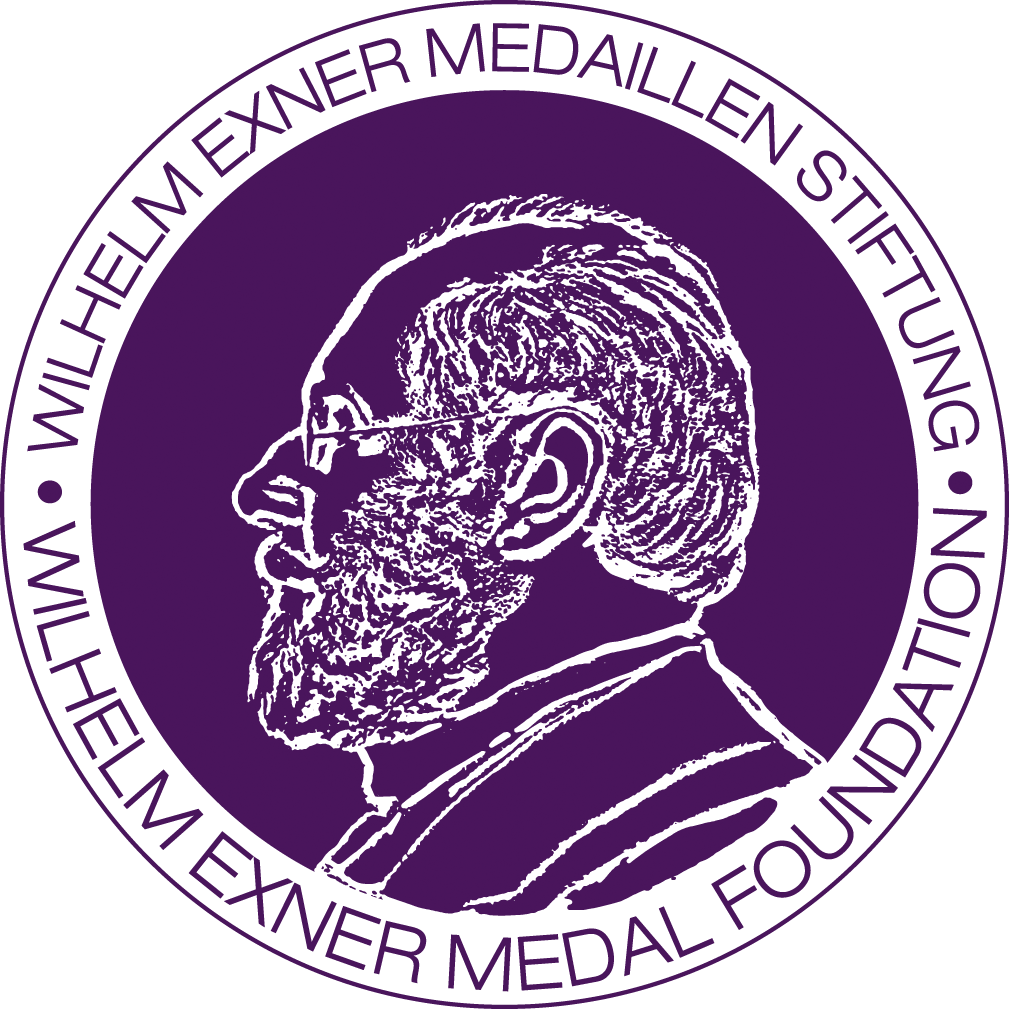
Hermann Kopetz is the most important expert in the German-speaking world in the field of fault-tolerant real-time computer systems. In a real-time computer system, it is not only important to perform logical operations correctly, but also to complete these operations within a given time – and not too early, but also not too late.
The control of a diesel injection pump can be cited as an example. Here, the fuel supply to an engine must be controlled as a function of the operating state, which in turn is monitored by a number of sensors. At full throttle, the time window for this injection process is very narrow, because the diesel engine is inherently unstable and would “run away” at full throttle, the speed would rise very quickly – and fractions of a second are enough – to catastrophic levels, with the result that the engine would destroy itself.
Hermann Kopetz studied physics and mathematics at the University of Vienna. In 1968 he received his doctorate “sub auspiciis praesidentis” and was subsequently Assistant Professor at the University of Georgia, USA. After eight years in industry at Voest-Alpine Linz and a professorship at the Technical University of Berlin, he was appointed to the Technical University of Vienna in 1982. This was followed by several guest professorships, including at the University of California, USA. Kopetz is a Fellow of the IEEE, a full member of the Austrian Academy of Sciences, and a member of the Austrian Federal Government’s Council for Research and Technology Development. From 1996-1999, he was chairman of the Fault Tolerant Computing Working Group of the International Federation for Information Processing (IFIP).
Based on his research work, he also founded TTTech Computertechnik AG together with Stefan Poledna and his son Georg. The company is concerned with improving the security, cost and productivity of data transmission systems, primarily in the automotive and aircraft industries, and is active internationally.
Hermann Kopetz has received many honors, including being a Fellow of the IEEE Computer Society and receiving the prestigious “Technical Achievement Award” from the IEEE in 2005. In addition, he was awarded the Grand Cross of Merit of the Republic of Austria and is a long-standing member of the Council for Research and Technology.

